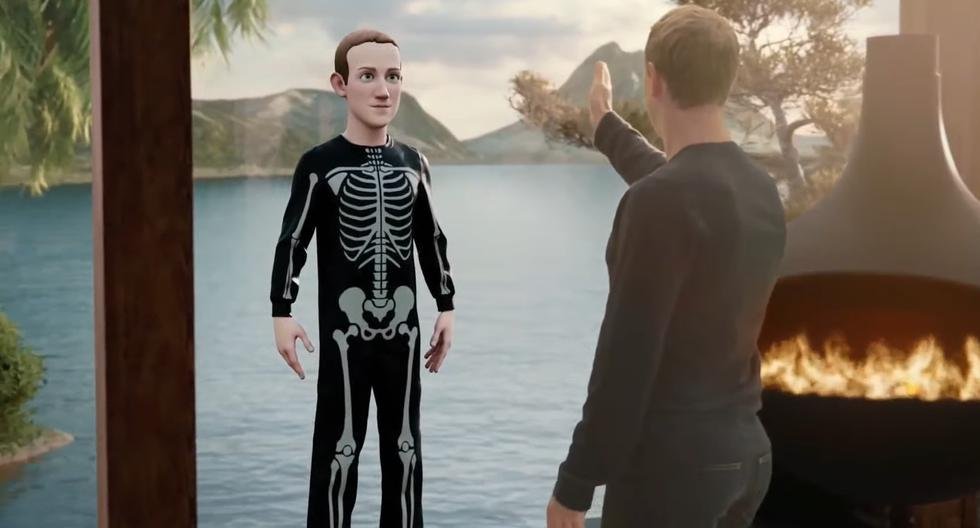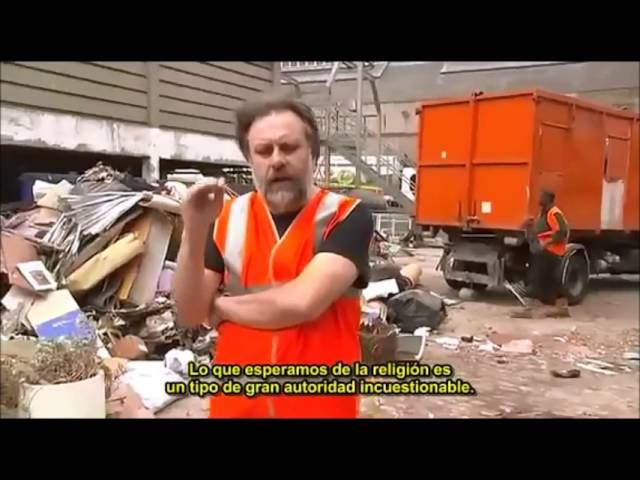Continuing with my own private Anthropocene, dear D, with which option will you save more water: shower or bathtub? I would think bathtub, then you can certainly take advantage of that gray water, but how do you do it? I know so little about water management, but I feel we should be full of information and campaigns about it. Still, there are only advertisements for home alarms, with white, class B actors playing the straight family and telling us how insecure they feel when they go on vacation and leave their homes alone.
Speaking of bathtubs, I once read, I think in a text by HJ Buck, that carbon dioxide in the atmosphere today is like a bathtub full of water about to reach its containment limit. To end fossil fuels is to turn off the water tap. But that still leaves us with a bathtub about to overflow. In that situation, it should be essential to remove carbon from the atmosphere, and that is where all these technologies that want to suck carbon out of the atmosphere by various means appear on the scene and are rightly criticized by many environmental activists and feminists as a distractor from carbon reduction goals and, even worse, a fossil fuel enhancer because this industry is fueling this techno-fantasy (which is far from working on a sufficient scale).
Although, having said all this, the problem of the full bathtub is still there, and, in fact, the latest IPCC report on mitigation says that it is unavoidable at some point to talk about taking carbon out of the atmosphere. The problem is that this discussion, now political, is being given almost exclusively by fossil fuel companies and -oh, my sweet Lord- Silicon Valley. They are massively funding these start-ups (here is a recent good example). All the conflicts of global technological capitalism seem to unfold here: technological transcendentalism sees the problem of carbon removal as a matter of private innovation, where it is only necessary to put enough incentives in the market for private initiative to work its magic. So carbon becomes a commodity, and capitalism saves us – saves itself – again.

[hahaha sorry I love thinking about capitalism with this image of Mark’s metaverse].
The dangers of venture capitalism taking center stage here are wide: some of the risks are developed in this article which I highly recommend. First, the privatization of the solutions to a planetary crisis, second, that the stimulus ends up being profiting for venture capital instead of the planetary wellbeing, the massive concentration of power in these actors, and one that it’s usually ignored but which scares me the most: removing carbon needs a large-scale solution that implicates land ownership to its deployment. Where do you get cheap land at scale for all the green policies of the Global North?
Aha! Another waste of humanity will end up somewhere like the Atacama Desert.
Buck, Táíwò, and co. say we need a public model for extracting carbon from the atmosphere. Which, by the way, is a call I always hear about technological infrastructure. And I say yes, of course, but the public still has this modern identification that has pushed us to the limit. I mean, just like the discussion in Chile today: the fact that you nationalize a mining company does not mean the end of extractivism. Do you imagine that public officials embrace what Joanna Zylinska at The end of man would call the “politics of precarity,” where linear and infinite progress is nothing more than an expired model? :O
Of course, I’m sending you a version of my own private Anthropocene by the greatest band of all time. Well, at least in my heart.
I hope you like it,
p.
Amiga querida,
Please forgive my late response, these days have been so hectic and lots of things were in my mind. Still, please know that I always think about you and I’m always longing for the moment in which I finally sit down and write a letter even though you are sending to me images of Mark Zuckerberg. In Fragments of a Lover’s Discourse, Roland Barthes states that the LETTER is something for the loved one, not a means to say what one is thinking. So now I would like to channel that epistolary energy that takes me away from capitalistic individualism in order to write this little letter to you.
I was really busy with my 22 MIRRORS project that we did with Javi and Andrés, we presented the work in a truly beautiful event here in Rotterdam and it was very moving to see so many people that we didn’t even know beforehand but they were so interested in interacting with us and discuss and experiment on topics of technological divination, literature and the climate crisis. It was strange to think that all this started at the COP26 summit in Glasgow, which for me was an experience of deep despair towards those multistakeholder global events, but maybe is not a bad thing that then despair turns into the weird ideas we end up creating such as our letters or the art that I produce with the people I love.
Is it a bad idea to simply move away from those big instances? Just some hours ago I got an email with an invitation to register for a so-called World Biodiversity Summit in which Prince Charles is featured in the front page andbasically tries to convince us that businessmen will solve the climate crisis. It reminded me of this woman working at the UE division that funded my project in Glasgow who proposed to me the idea of setting an arrangement in which I would do oracular readings to the CEOs of the most awful corporations such as BP or Shell. How do we balance our intentions to be strategic in advocacy instances when the context is so absurd? Maybe you have some ideas about it because of the many times you have done this type of work.
In the meantime I kept checking human-scale tech developments such as this homage to the hot water bottle (guatero in Chilean is a way better word). Also one day I got quite sad because I was watching some Católica’s old football games and the players used to play with long sleeve shirts, something that never happens anymore, that type of shirt is not produced these days because Santiago now has the weather of Calama and not even in the precordillera you get cold.
I’m amazed by how pervasive is this problem, Slavoj Zizek expands on this idea in a fragment of one of his films, The Pervert’s Guide to Ideology, he goes to this place in London with mountains of waste and proposes that ecology is the religion of our times, it is a matter so important that it is impossible to ignore, it provides us with new abstractions, new mathematics and also with the possibility of finding spaces of spirituality within it. This is a conceptualization that could eventually facilitate beautiful connections and important revelations, however it also creates the conditions for Prince Charles advocating the idea that being ecological is excellent for business (because all that is solid melts into air).
What do we do?
Un beso,
Danae
